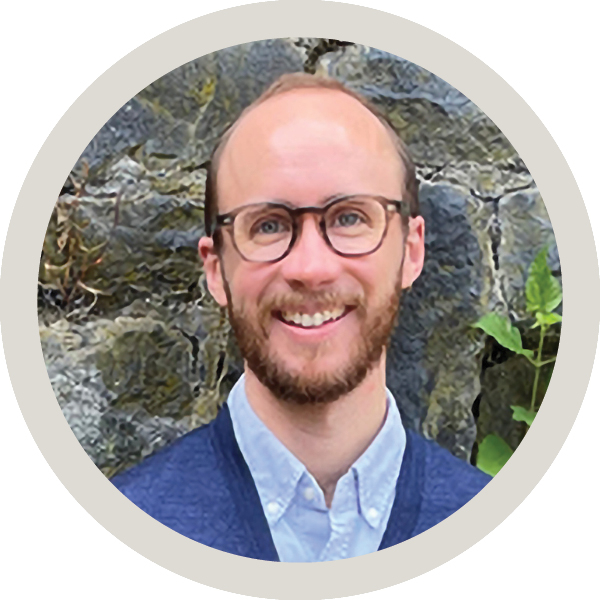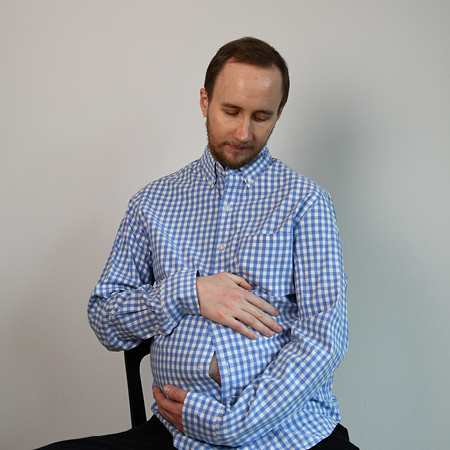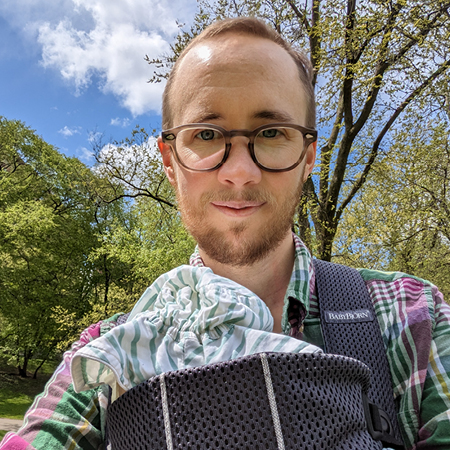Finn Schubert

ReImagining Pregnancy
& Healthcare
with Finn Schubert
In the year 1006, a star exploded. Visible for three years, it was observed worldwide, from China to the Americas, and is widely regarded as the brightest supernova in human history. But there is something odd in the record of this event. It was far less noted in Europe than elsewhere, especially in the East. For it wasn’t merely an explosion. It marked the first time in memory that the nighttime sky – the firmament – changed. And so, in spite of the fact that this was, in many senses, an event that was unifying – we all, after all, live under the same stars – it was perceived differently. This perception was colored by the worldview of the observer – that is, the extent to which a culture embraced change or permanence, certainty or the unknown.
The resistance to change is not surprising. Our world is filled with uncertainty. And this can be terrifying. For our earliest ancestors, the chaos beyond community, culture, and kinship could mean death. So they created not merely a space for physical safety, but also a culture that proffered the emotional security that comes from creating symbols and stories – a cosmology, which means both “beauty” and “order” – that give us a sense of place in the world, that give our lives meaning.
This is humanity’s socio-cultural expression of what biologists call umwelt, what each species can perceive based on its sensory bubble. Every species is limited by its senses–humans, for instance, cannot see certain colors that birds can–but the umwelt is always experienced as all-encompassing. So too is this true of human culture, the symbolic and mythic worlds we construct.
The world that most human cultures constructed was a dance between cosmos and chaos, certainty and the unknown, change and permanence.
These three things – uncertainty, impermanence, and powerlessness – lie at the heart of this collective, global teachable moment. We cannot know (uncertainty) or control (powerlessness) our world, because it is inherently relational and in flux (impermanence). Each moment is pregnant with possibility and potential, fraught with danger and mystery. Paradoxically, it is when we can be at ease with uncertainty, when we can accept our own powerlessness, we become free.
“Uncertainty, Impermanence, Powerlessness”
Theodore Richards
Guest Bio
Finn Schubert is a writer and public health professional who is fascinated by narrative in all its forms. He is the author of Even the Cemeteries Have Space Here, an essay collection exploring themes of fertility, grief, and place, and he currently writes a newsletter titled The Menstruant, with weekly essays exploring the question, “What does it mean to be a gay man who loves having a uterus?” Finn’s career in public health has included working to increase access to contraceptive options in rural family health centers, to improve equity in HIV care and prevention services, and to roll out healthcare services focused on the needs of the LGBTQ+ community. He previously served on the board of Sadie Nash Leadership Project and currently serves on the board of Wisdom Projects.

Photography by William Howell
